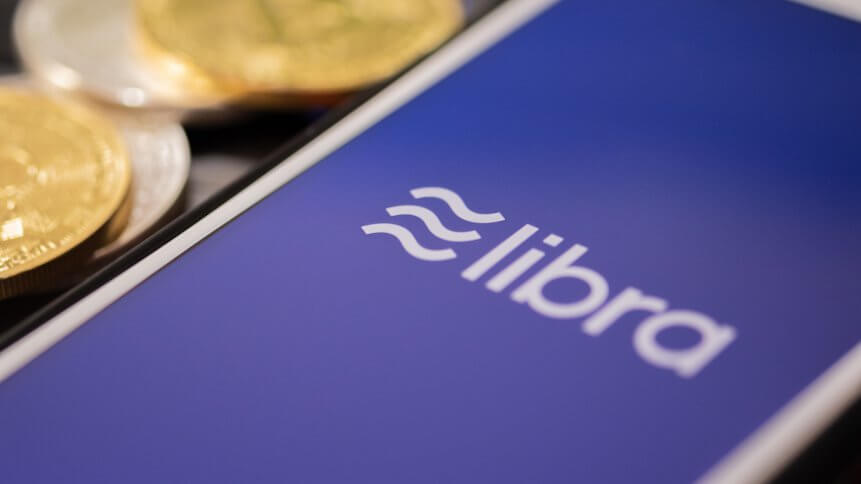Crypto vs cash – cash wins every time, for now

Earlier this month, we wrote that 2019 had been a good year for Bitcoin et al in the retail space, but talk of mainstream success was premature.
New research from ING reinforces that view. Consumer knowledge about digital currencies is limited and cash is still king, it shows. The Dutch FI’s survey involved 14,824 respondents in 15 countries: Austria, Belgium, Czech Republic, France, Germany, Italy, Luxembourg, the Netherlands, Poland, Romania, Spain, Turkey, the UK, Australia and the USA.
Just 20 percent of UK respondents would prefer it if cash no longer existed. One in five of those with some knowledge of cryptocurrency responded positively about both their anticipated use of it simultaneously with their use of cash.
Seventy-nine percent of Brits knew at least a little about cryptocurrency (identifying at least one out of five true or false statements correctly). Among this group, opinions were divided as a third had high expectations for it, just ahead of the 28 percent with low expectations.
Twenty-one percent of this group agreed that crypto is the future of online spending, behind the European average of 32 percent. Another 21 percent said they were open to receiving new offerings from brands and bodies they were familiar with, agreeing that banks should offer current accounts in crypto.
Teunis Brosens, Lead Economist for Digital Finance and Regulation at ING, said: “If cryptocurrencies are to become mainstream, technical improvements are needed. But to gain trust and acceptance beyond a core group of enthusiasts, affiliation with existing well-known brands would help. In short, cryptocurrency would need to present itself to potential users from within the existing financial framework, instead of placing itself outside.”
Joining the action
A company doing good work in that respect is UK venture Fastbitcoins, whose PoS terminals allow merchants to sell and accept Bitcoin payments in real-time over the Lightning Network.
It recently launched in Canada and announced partnerships with four new merchants across Vancouver: New Wave Smoke, Oscars Smoke Shop, BC Cherry Market and Hidden Treasures.
YOU MIGHT LIKE

Four cryptojacking trends on the 2019 horizon
“We’re are amongst a growing number of retailers in Canada that have a positive mentality towards Bitcoin. The currency is innovative and now that more people are starting to become aware of it, we are certain it has a bright future,” said Gurikwant Brar, Owner and Founder, New Wave Smoke.
Every little bit helps at this stage. But as ING point out, more big names are needed. The likes of Burger King and Domino’s Pizza have been dabbling of late. Facebook, meanwhile, is working towards a 2020 launch for its controversial Libra digital currency, despite regulators’ hostility towards the project.
Gen Z
Hope lies in the young. Generation Z consumers in the UK are much more likely than other generations to embrace a wider range of alternative payment methods, according to research by Paysafe.
The company surveyed 6,197 consumers from the US, UK, Canada, Germany, Austria and Bulgaria. It found that Gen Z are increasingly interested in cryptocurrencies. 36 percent can see themselves using Bitcoin et al to make purchases in the next two years if they knew more about it, or have already used it. 45 percent also believe that using cryptocurrencies would be an effective way to combat card fraud, more than the average consumer.
Not that they have abandoned tried and trusted methods. In terms of in-store payments, physical cash is still used by 66 percent of Gen Z consumers.
Crypto has its enthusiasts. They are very vocal on social media (‘down with the old guard’, etc), but we’re talking about a niche thing here. As things stand, shoppers still cling to the old ways.
Throw in a flurry of alternative payment innovations and you have a system that isn’t perfect (is any system?) but nonetheless caters for a wide variety of needs. Why the man and woman in the street would be forgiven for asking, do I need crypto in my life when the payment part of the shopping journey currently works perfectly well?








